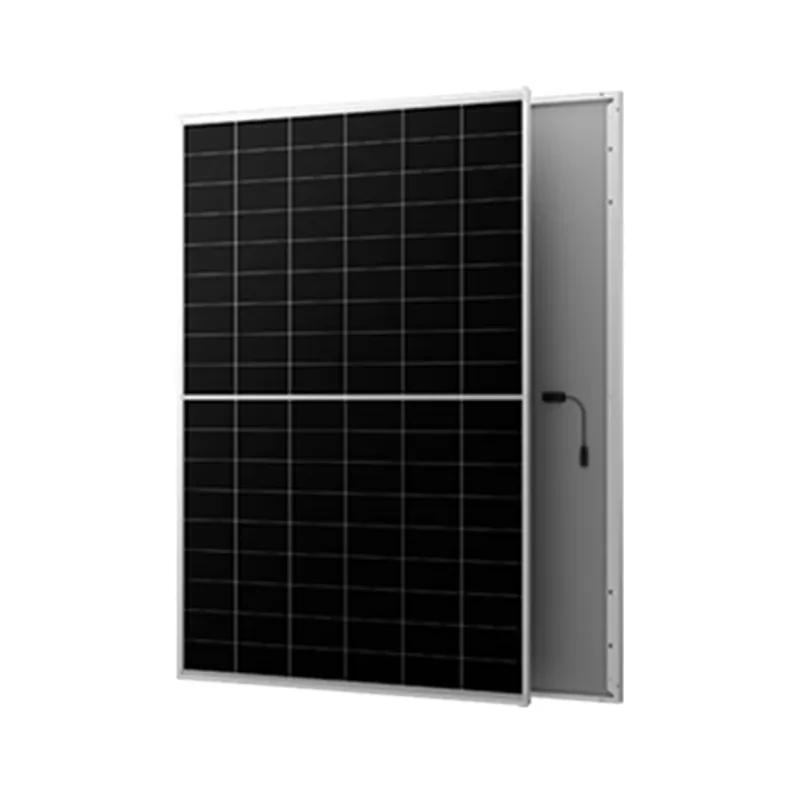10kw hybrid inverter
Understanding 10KW Hybrid Inverters A Comprehensive Overview
As the world increasingly turns towards renewable energy sources, the demand for efficient power management systems has surged dramatically. Among the cutting-edge technologies emerging, the 10KW hybrid inverter stands out as an essential component in both residential and commercial energy systems. This article delves into the functionalities, advantages, and applications of 10KW hybrid inverters, helping you understand why they are becoming indispensable in modern energy setups.
What is a Hybrid Inverter?
A hybrid inverter seamlessly combines the functions of a solar inverter and a battery inverter. Unlike traditional inverters that either convert solar energy from photovoltaic (PV) panels or manage battery energy, a hybrid inverter efficiently performs both tasks. This innovative solution manages energy input from solar panels, stores excess energy in batteries, and distributes power to meet the energy demands of a household or business. The versatility of a hybrid inverter allows it to operate in off-grid mode, grid-tied mode, or a combination of both, making it suitable for varied energy needs.
Key Features of 10KW Hybrid Inverters
1. Power Output A 10KW hybrid inverter is capable of handling significant power loads, making it ideal for medium to large residential applications or small commercial establishments. This powerful output enables users to run multiple appliances simultaneously, ensuring a stable and reliable energy supply.
2. Smart Energy Management Many modern hybrid inverters are equipped with advanced energy management systems (EMS), which enable real-time monitoring of energy production and consumption. Users can track solar generation, battery status, and grid interaction through user-friendly mobile apps or web interfaces.
3. Battery Compatibility 10KW hybrid inverters are designed to work with various battery types, including lithium-ion and lead-acid batteries. This compatibility allows users to select the most suitable battery type based on their energy storage needs and budget.
4. Grid Interaction With the ability to function seamlessly with the power grid, a hybrid inverter can optimize energy consumption by switching between solar power, grid energy, and stored battery energy. This capability aids in lowering electricity bills during peak usage hours and ensures continuous power supply during outages.
5. Scalability As energy needs evolve, a 10KW hybrid inverter can be expanded to manage larger loads or additional renewable energy sources. This scalability ensures the system remains efficient and cost-effective over time.
10kw hybrid inverter

Advantages of Using a 10KW Hybrid Inverter
1. Cost Savings By maximizing solar usage and minimizing reliance on grid power, users can significantly reduce their electricity bills. Additionally, storing energy during off-peak hours can further enhance savings.
2. Energy Independence With a hybrid inverter and battery storage, users can achieve greater energy autonomy. This independence is particularly valuable in areas prone to grid instability or outages.
3. Environmental Impact By utilizing renewable solar energy, users contribute to reducing their carbon footprint. The transition to solar-powered systems supports global efforts to combat climate change.
4. Increased Property Value Installing a hybrid inverter system can enhance property value, as modern homebuyers are increasingly interested in energy efficiency and sustainability.
Applications of 10KW Hybrid Inverters
The versatility of 10KW hybrid inverters makes them suitable for a wide range of applications. In residential settings, they can power essential appliances, heating systems, and electric vehicles. For commercial settings, they can support office equipment, lighting, and HVAC systems, ensuring uninterrupted operations even during power outages. Additionally, they play a crucial role in agricultural settings, supporting processes that require consistent power supply for irrigation systems, greenhouses, and equipment.
Conclusion
In summary, a 10KW hybrid inverter represents a significant advancement in energy management technology, blending solar power generation with efficient energy storage. Its ability to maximize renewable energy usage, provide energy independence, and reduce costs makes it an attractive option for homeowners and businesses alike. As the shift toward sustainable energy continues, investing in a 10KW hybrid inverter could well be a pivotal decision toward a more eco-friendly and cost-effective future. Whether you're considering a substantial investment in solar technology or simply want to optimize your energy consumption, exploring the advantages of a hybrid inverter should be on your agenda.
-
String Solar Inverter: The High-Efficiency Solution for Smart Solar EnergyNewsJul.14,2025
-
Revolutionizing Rooftop Energy with the Power of the Micro Solar InverterNewsJul.14,2025
-
Power Independence with Smart Off Grid Solar Inverter SolutionsNewsJul.14,2025
-
On Grid Solar Inverter: Powering the Future with Smart Grid IntegrationNewsJul.14,2025
-
Monocrystalline Solar Panels: High-Efficiency Power for the Future of Clean EnergyNewsJul.14,2025
-
Bifacial Solar Panel: A Smarter Investment for Next-Generation Energy SystemsNewsJul.14,2025







